The landmark California Supreme Court Decision, Howell v. Hamilton Meats and Provisions Inc. ((2011) 52 Cal. 4th 541), changed the paradigm of measuring past medical expenses in California by holding a personal injury plaintiff may only recover as damages the lesser of the amount actually paid for medical services or the reasonable market value of those services. Tyson & Mendes argued before the California Supreme Court and won this multi-billion case for the insurance industry. However, the Howell, decision did not provide any specific guidance as to how to procedurally raise the issue at the trial level so as to set the stage for a potential appeal if the trial court does not properly follow or apply the Howell rule of law. The consequences of not properly raising Howell issues pre-trial are dramatically illustrated in the recent unpublished opinion Barker v. Aminirad (2017 WL 4707682). Although not citable as authority, the unpublished Barker decision is instructive to defense claims handlers and their counsel because it demonstrates what the defense must do pre-trial to create a record for a potential appeal.
- The Howell issue in Barker v. Aminirad
The Howell issue in the Barker case arose out of an appeal by the defendant following trial on the grounds the jury should not have awarded plaintiff future medical expenses. The Barker case involved a straight forward rear-end motor vehicle accident. Plaintiff Nathan Barker, a resident of Australia vacationing in southern California, was the front seat passenger of a vehicle rear-ended by a vehicle driven by defendant Roxanna Aminirad. Defendant stipulated to negligence and the case went to trial on the issues of causation and damages. The jury returned a verdict in favor of plaintiff awarding him $19,008 in past medical expenses, $129,400 for future medical expenses and $85,251 for past and future non-economic loss (pain and suffering).
The only evidence presented to the jury on the issue of future medical expenses was from plaintiff’s treating physician, Dr. Fardad Mobin, a neurosurgeon, who testified plaintiff would need two spinal fusion surgeries and two subsequent procedures for hardware removal. Dr. Mobin testified the global cost of each fusion and hardware removal procedure was in the range of $210,000-$240,000. Defense medical expert, Dr. Gerald Alexander, testified the fusion procedures were not medically necessary but did not address the reasonable value or cost of past or future medical expenses. At a pre-trial conference, the court asked counsel if there were any medical damages issues. Plaintiff’s counsel advised the trial judge Dr. Mobin testified at deposition the past medical expenses were reasonable and necessary and would testify at trial regarding the cost of the future spinal fusion procedures. Defense counsel did not file any motions in limine regarding Howell issues and failed to object to Dr. Mobin’s testimony at trial. Further, the defense did not retain any medical billing expert to testify regarding the reasonable value of the spinal fusion procedures recommended by Dr. Mobin.
After defendant’s motions for a new trial and judgment notwithstanding the verdict were denied, defendant appealed on several grounds, including it was improper to award future medical damages to plaintiff because he failed to present evidence of the amounts medical providers would accept as payment in full under the Howell case. The Court of Appeal agreed the Howell decision establishes not only the measure of damages for past medical expenses but also has evidentiary implications. (Barker v. Aminirad, WL 4707682, p. 7). For example, the Court explained where a medical provider accepts less than the full billed amount, “evidence of the full billed amount is not itself relevant on the issue of past medical expenses.” (Barker v. Aminirad, WL 4707682, p. 7, citing Howell, at p. 567 and Corenbaum v. Lampkin (2013) 215 Cal. App. 4th 1308, 1328 [billed amount not relevant to past or future medical expenses]). The Court noted the Howell decision left open the issue of the relevance and admissibility of billed amounts on other issues such as future medical expenses and non-economic damages. However, the Court was not able to address those issues in the context of the Barker case because defendant failed to raise any Howell issue in a timely manner before trial!
The Court of Appeal concluded there were no Howell issues on appeal because the defendant did not litigate or develop any Howell issues below. The court noted the defense did not even establish whether plaintiff had health insurance leaving it to assume plaintiff was uninsured. The Court found the absence of any record at the trial level similar to the earlier case Bermudez v. Ciolek (2015) Cal. App. 4th 1311, where the same testimony by Dr. Mobin was the only evidence of the cost of past and future medical expenses. As in the Barker case, defense counsel in Bermudez challenged the foundation of Dr. Mobin’s testimony on appeal, but failed to create an appealable record by filing a motion in limine or in the trial court. (Barker v. Aminirad, WL 4707682, p. 7, citing Bermudez, supra, at 1340, emphasis added). Echoing the Bermudez decision, the Barker court quoted, “We leave the question of how courts should fulfill their gatekeeper role in a case like the instant one for an appeal in which the parties have actually litigated the issue at trial.” (Ibid.).
- Takeaways from Barker v. Aminirad
Like the Bermudez decision before it, the unpublished Barker highlights the critical necessity for the defense to create an appealable record on Howell issues by (1) pre-trial investigation during discovery of who paid for plaintiff’s medical treatment, how it was paid, and what amounts the medical provider accepted as payment in full; (2) in a case involving significant past medical expenses and/or when plaintiff is uninsured, retention of a medical billing expert to provide trial testimony as to the reasonable value of past and future medical expenses; (3) filing motions in limine to exclude evidence of billed amounts and speculative unsupported testimony from plaintiff’s medical providers as to the reasonable value of past and future medical expenses; and (4) cross-examination of plaintiff’s experts on the basis for their opinions regarding the cost of medical expenses at deposition and at trial. The bottom line lesson from cases such as Bermudez, and now Barker, is the defense has the burden of establishing Howell issues at trial and creating a record for appeal. By not establishing a record at trial, the defendant is essentially waiving the significant benefits of the Howell decision because the Court of Appeal has no mechanism to enforce the Howell rule.
In Howell v. Hamilton Meats, Tyson & Mendes Founder and Managing Partner Robert Tyson successfully tried and argued before the California Supreme Court the most significant tort case in more than 40 years. Tyson & Mendes is a leader in arguing damages across the West. We frequently provide CE/CLE educational seminars on the latest Howell updates, trends we are seeing with plaintiff’s attorneys (including liens and factoring companies), and what we can do to combat plaintiff’s attorneys attempts to circumvent Howell. Learn more about Howell v. Hamilton Meats here.
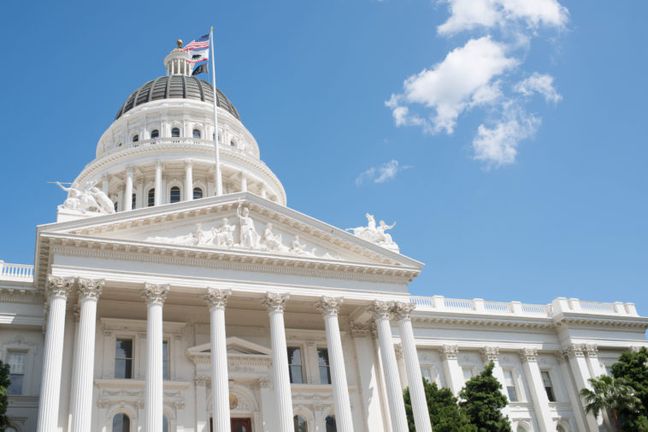
 Author: David Kahn
Author: David Kahn
 Cannabis Workers Allege Quota to Trim 4 Pounds a Day Violates the California Labor Code
Cannabis Workers Allege Quota to Trim 4 Pounds a Day Violates the California Labor Code
 The Ninth Circuit Reminds Us: Every Word Matters
The Ninth Circuit Reminds Us: Every Word Matters
 NO WAY, PRO SE! The Consequences of Abusing the Judicial System as a Pro Se Litigant in Colorado
NO WAY, PRO SE! The Consequences of Abusing the Judicial System as a Pro Se Litigant in Colorado
 Victim of Financial Mismanagement or Unlawful Retaliation? New Jersey City University Program Founder Claims School Retaliated After Reporting Alleged Sexual Harassment
Victim of Financial Mismanagement or Unlawful Retaliation? New Jersey City University Program Founder Claims School Retaliated After Reporting Alleged Sexual Harassment
 “Real Housewives” Gets a Reality Check
“Real Housewives” Gets a Reality Check
 Missing a Chapter: Insufficiency of Expert Deposition Testimony in Medical Malpractice Litigation
Missing a Chapter: Insufficiency of Expert Deposition Testimony in Medical Malpractice Litigation
 Crash Course: Why Summary Judgment Misses the Mark in Illinois Multi-Cause Limousine Crash Collision
Crash Course: Why Summary Judgment Misses the Mark in Illinois Multi-Cause Limousine Crash Collision
 Bitter Truths: Lead, Cadmium, and Defective Pleadings in California Chocolate Class Action
Bitter Truths: Lead, Cadmium, and Defective Pleadings in California Chocolate Class Action
 The Law of Unintended Consequences: Including Insurance Brokers in Litigation Strategy Communication May Waive the Attorney-Client Privilege
The Law of Unintended Consequences: Including Insurance Brokers in Litigation Strategy Communication May Waive the Attorney-Client Privilege
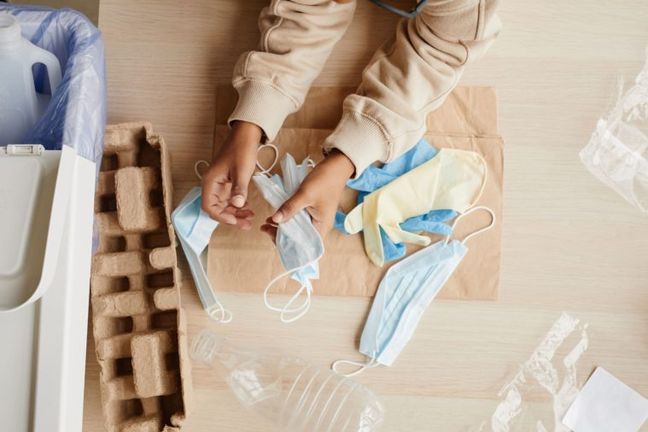 Supreme Court May Need to Review Covid-19 Loss Coverage in California
Supreme Court May Need to Review Covid-19 Loss Coverage in California
 Howell v. Hamilton Meats & Provisions Continues to Deliver Justice for California
Howell v. Hamilton Meats & Provisions Continues to Deliver Justice for California
 “Take-Home” COVID-19 Cases to Go to California Supreme Court
“Take-Home” COVID-19 Cases to Go to California Supreme Court
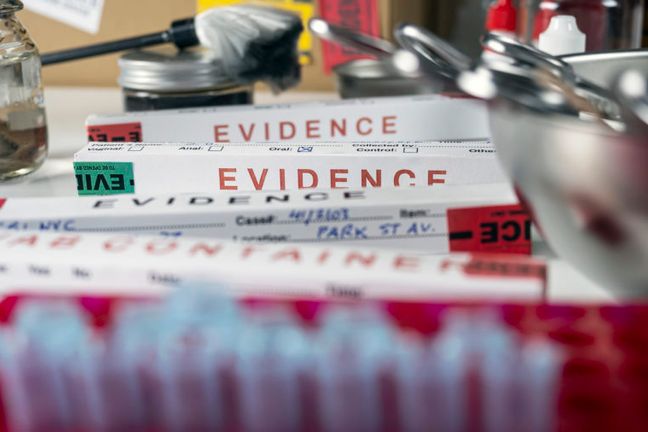 Police Reports Are Often Inadmissible – But Not Always…
Police Reports Are Often Inadmissible – But Not Always…
 California Supreme Court Holds Dynamex ABC Test Applies Retroactively
California Supreme Court Holds Dynamex ABC Test Applies Retroactively
 Medi-Cal Liens Not Preempted by Federal Medicaid Anti-Lien Statute
Medi-Cal Liens Not Preempted by Federal Medicaid Anti-Lien Statute
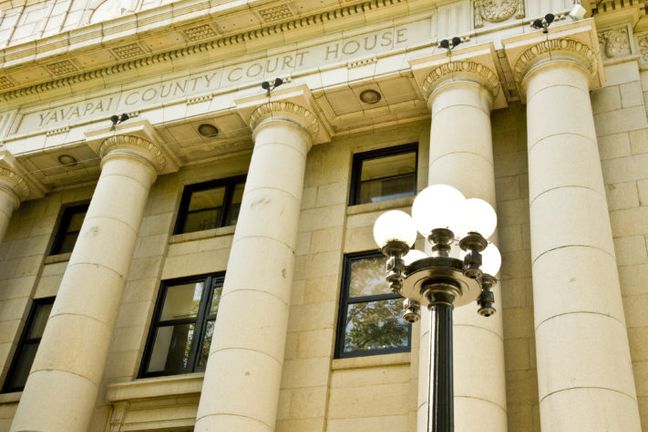 Is In-House Counsel’s Legal Advice Privileged in California if Shared with Non-Lawyers?
Is In-House Counsel’s Legal Advice Privileged in California if Shared with Non-Lawyers?
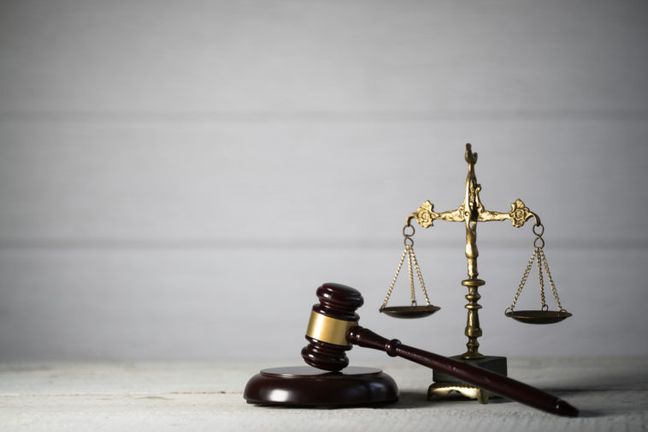 Reasonable Minds May Differ When it Comes to Interpretation of Philadelphia’s Insurance Policy Exclusions
Reasonable Minds May Differ When it Comes to Interpretation of Philadelphia’s Insurance Policy Exclusions
 Update: California District Court Upholds Previous Dismissal of Wife’s COVID-19 Civil Suit
Update: California District Court Upholds Previous Dismissal of Wife’s COVID-19 Civil Suit